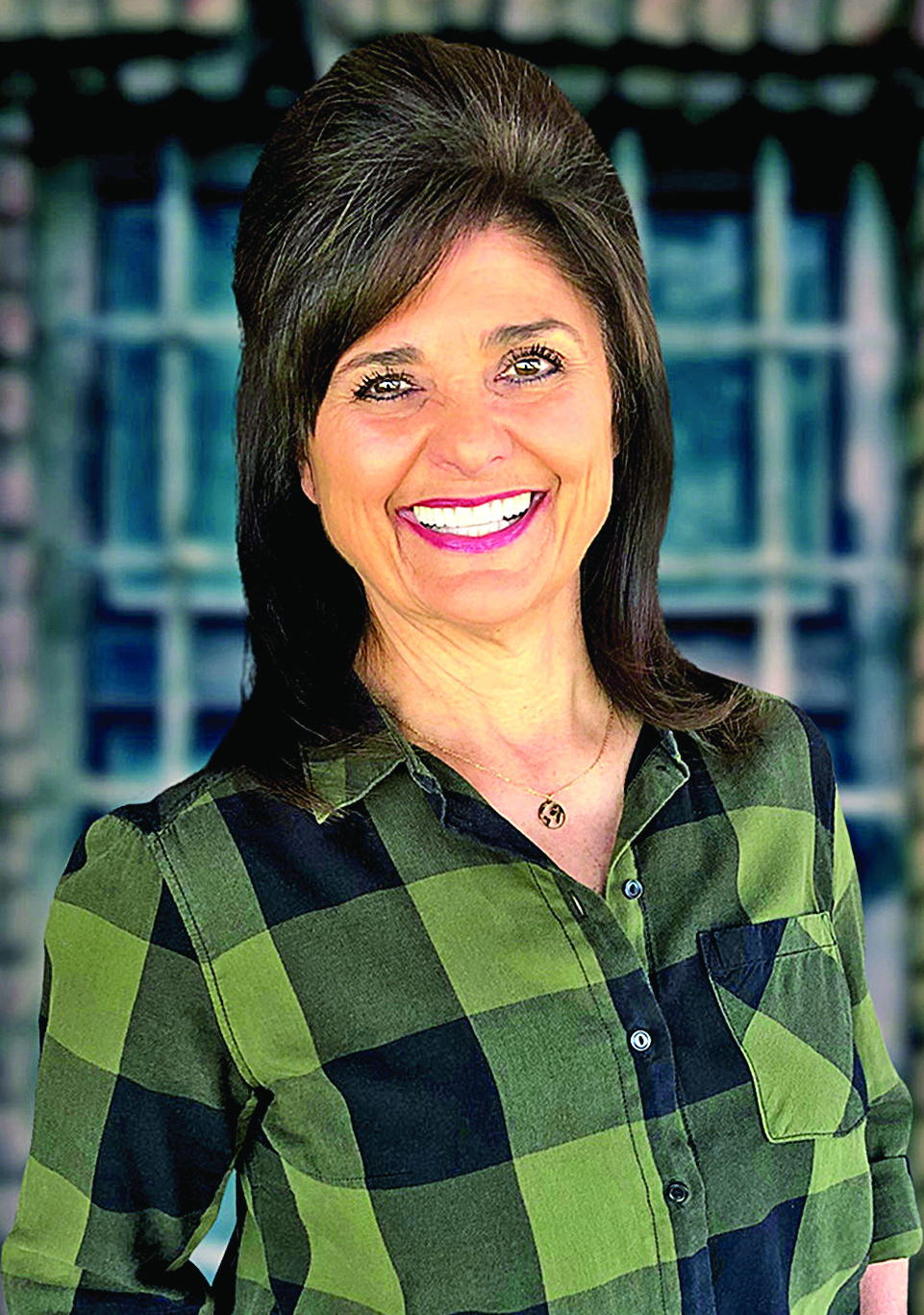Back To School: Building Stronger Connections with Children
 | Author:
Ellie West, Master Certified Practitioner of NLP, TLT, & Hypnotherapy and Certified Personal Empowerment and Enneagram Coach
Inside Inspiration: Certified NLP Coach/Practitioner Of Hypnosis and Timeline Therapy |
Ellie West
Master Certified Practitioner of NLP, TLT, & Hypnotherapy and Certified Personal Empowerment and Enneagram Coach
As summer winds down and the school year begins, it’s the perfect time to focus on how we connect with our children. Meaningful conversations—asking thoughtful questions and listening with empathy—build trust, deepen relationships, and lay a solid foundation for ongoing connection.
This past month, I hosted my granddaughters for a few overnight visits. We shared laughter, stories, movies, hot springs, river swims, Montana adventures, and spontaneous conversations while making desserts in the kitchen. Throughout all the fun, I was reminded of a simple truth: communication is the key to connection.
As children grow, their conversations change. During dinner, stories about summer camps, new friends, and funny mistakes gave me a glimpse into their world. I realized that the way we ask questions is just as important as the questions themselves.
One of the best ways to encourage meaningful conversations is by asking open-ended questions. These encourage more than one-word answers and show children that we truly value their thoughts and experiences. Open-ended questions usually start with What, How, Why, Who, or Can you describe…
Here are a few examples to try:
“What was your favorite part of camp?”
“Did you meet anyone new? What were they like?”
“Can you tell me about a moment when you felt proud or nervous?”
“Was there any drama? How did you handle it?”
“How would you help a friend who’s feeling left out?”
Questions like these encourage self-reflection and storytelling. Often, children begin asking questions back, and that’s when conversation turns into connection. But communication isn’t just about asking better questions; it’s also about listening attentively. I recently observed a young girl at the airport trying to talk to her father, but his eyes stayed fixed on his phone. That’s not the example we want to set. If we want children to communicate in healthy ways, we need to show them what that looks like.
Please just put your phone away, make eye contact, and respond with empathy instead of just giving advice. Sometimes, they don’t need answers—they just need a hug. When a child feels truly heard, they open up more and learn to trust.
Of course, not every moment is easy. Children have big emotions, and sometimes they’ll be irritable, withdrawn, or even disrespectful. During those times, it’s tempting to react. But I’ve learned that pausing is usually the best response.
One of my granddaughters had a tough moment during a sleepover. I felt frustration build, but I took a deep breath and calmly said, “I’m not going to have this conversation until we both have a reset.” I gave her space. Later, she came back, apologized, and forgiveness was in motion. That moment built more trust than any lecture could have.
Those conversations reminded me that how we ask questions influences the quality of our connections.
The words we choose matter. Instead of saying, “Don’t talk to me that way,” try: “We’ll continue this conversation when we can speak respectfully.” Instead of shutting down a “Why?” with “Because I said so,” consider: “I don’t have an answer for that right now.” These responses show respect and keep the conversation open.
When we respond to a child’s emotional intensity with calmness instead of escalation, we teach them how to regulate, reflect, and return.
Children will challenge us emotionally, verbally, and even spiritually. But as parents, grandparents, and teachers, we are called to be their safe space—not the echo of their frustration. Building strong bonds isn’t about having all the answers. It’s about showing up with curiosity, compassion, and calmness. It’s about asking deeper questions, listening without rushing, and choosing connection over correction when emotions run high.
Being a parent or grandparent is one of life’s most humbling and joyful responsibilities. Through intentional communication, we’re not just helping children feel seen and heard; we’re planting seeds of confidence, resilience, and grace.
In a noisy world, children need safe spaces to think, explore, and express themselves. Let us be those places, not with perfect words, but with open hearts.
Ellie West is passionate about helping others build meaningful connections. You can connect with her on Facebook and Instagram @coachelliewest.